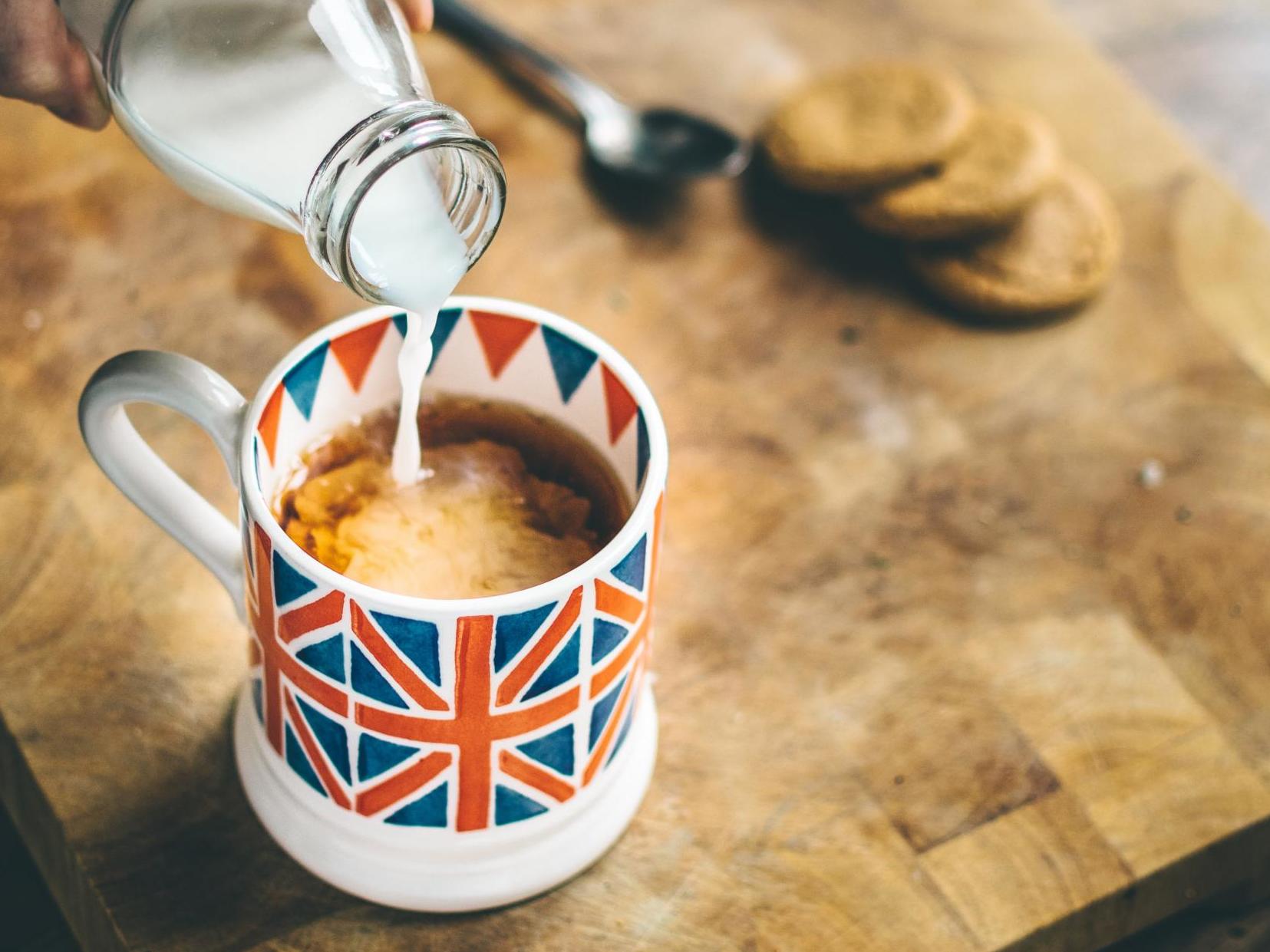The Independent's journalism is supported by our readers. When you purchase through links on our site, we may earn commission.
Fancy a coffee or a cup of tea? Your preference could be down to genetics
It all bottles down to how you perceive bitter tastes

Does your typical morning start with a steaming, hot mug of dark roasted coffee, or do you prefer the homely taste of a traditional, English cuppa?
Whatever your predilection, your choice may depend on your genetics.
Scientists at Northwestern Medicine and the QIMR Berghofer Medical Research Institute in Australia carried out a study to investigate the different ways in which people perceive the bitter tastes of coffee, tea and alcohol, and how this perception may affect their drink preferences.
While one might expect for someone who is particularly sensitive to bitter tastes to avoid drinks like coffee, the researchers found that they were actually more likely to have a penchant for the caffeinated beverage.
In the study, published in Scientific Reports, the researchers analysed two large sets of data.
The first, was from a large Australian twin study, which analysed the perception of taste of 1,757 twins and their siblings, all of whom were of European descent.
This data demonstrated that genetics play an important part in determining how well people are able to perceive different tastes, including the bitterness of caffeine.
The second set of data was taken from the UK Biobank, which provided the researchers with information regarding the number of different drinks that thousands of people across the country consume on a daily basis.
The team came to the conclusion that people who are genetically predisposed to having a stronger perception of the bitter taste of caffeine, are more likely to be regular coffee drinkers.
Inside Starbucks’ first Italian store: the Reserve Roastery, Milan
Show all 17“You’d expect that people who are particularly sensitive to the bitter taste of caffeine would drink less coffee,” says Marilyn Cornelis, assistant professor of preventive medicine at Northwestern University School of Medicine, according to Medical Xpress.
“The opposite results of our study suggest coffee consumers acquire a taste or an ability to detect caffeine due to the learned positive reinforcement (ie stimulation) elicited by caffeine.”
She continues, explaining that “the findings suggest our perception of bitter tastes, informed by our genetics, contributes to the preference for coffee, tea and alcohol”.
A recent poll commissioned by The Online Electricals Store discovered that the average British person is likely to drink 676 cups of coffee a year.
This amounts to an approximate annual spend of £303, with the average person buying three drinks from a café or coffee shop every week and additionally, having 10 weekly instant cups of coffee.
Subscribe to Independent Premium to bookmark this article
Want to bookmark your favourite articles and stories to read or reference later? Start your Independent Premium subscription today.

Join our commenting forum
Join thought-provoking conversations, follow other Independent readers and see their replies